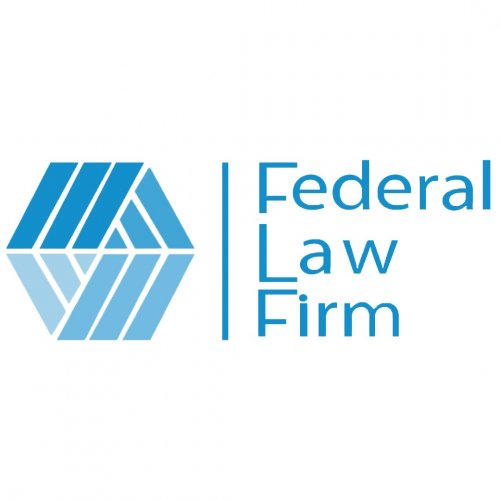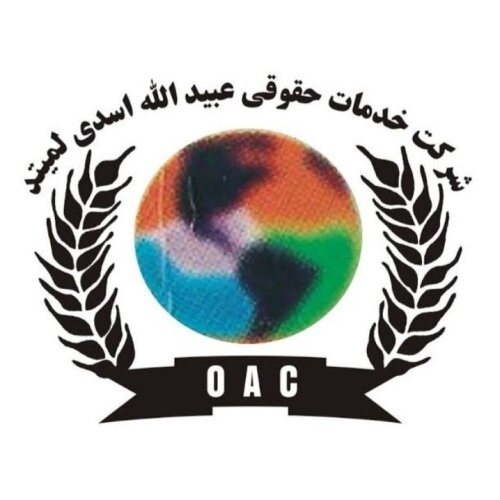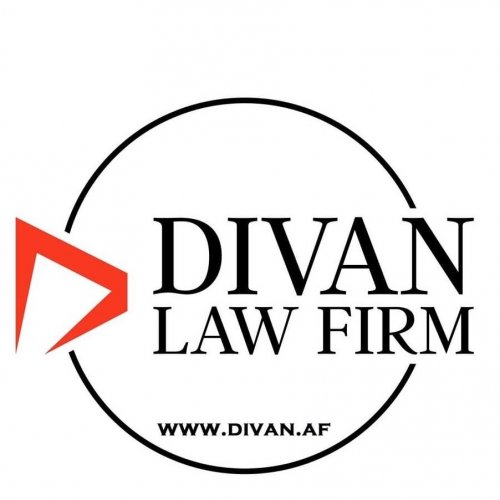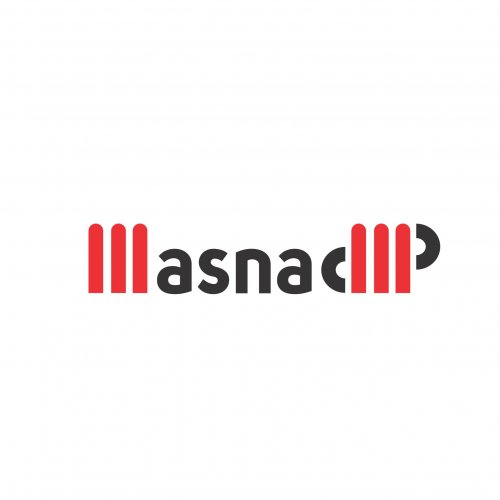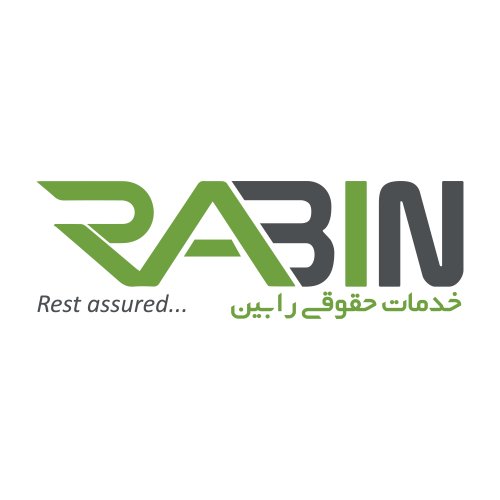Best Intellectual Property Lawyers in Afghanistan
Share your needs with us, get contacted by law firms.
Free. Takes 2 min.
Or refine your search by selecting a city:
List of the best lawyers in Afghanistan
About Intellectual Property Law in Afghanistan
Intellectual Property (IP) law in Afghanistan is an evolving field, influenced by international laws and agreements. Afghanistan is a member of the World Trade Organization (WTO) and adheres to the Agreement on Trade-Related Aspects of Intellectual Property Rights (TRIPS). These international frameworks guide the country's IP laws, which cover patents, trademarks, copyrights, and trade secrets. The Afghanistan Central Business Registry (ACBR) under the Ministry of Commerce and Industries, along with the Afghanistan National Standards Authority, are key bodies involved in IP registration and enforcement.
Why You May Need a Lawyer
Individuals and businesses may require legal assistance in IP matters for several reasons:
- To protect proprietary inventions, brands, or creative works through appropriate IP registrations.
- To address potential infringements, where someone else may be using a protected work without permission.
- To navigate the complex process of licensing IP rights, whether granting or acquiring them.
- To ensure compliance with both local and international IP laws, particularly for businesses operating across borders.
- To assist in disputes or litigation related to IP infringement or enforcement actions.
Local Laws Overview
The core local laws relevant to Intellectual Property in Afghanistan include:
- Trademark Law: Governs the registration and protection of trademarks, crucial for brand recognition and safeguarding market identity.
- Patent Law: Focused on protecting inventions, allowing inventors to secure exclusive rights to their creations.
- Copyright Law: Protects original works of authorship, including literary, artistic, and musical works.
- Trade Secret Law: Even though not a formal law, the protection of trade secrets through contracts and confidentiality agreements is recognized in business practices.
- Adherence to international treaties, such as TRIPS, also forms a key component of the legal landscape for IP in Afghanistan.
Frequently Asked Questions
What is Intellectual Property?
Intellectual Property refers to creations of the mind, such as inventions, literary and artistic works, designs, symbols, names, and images used in commerce. IP laws provide legal rights to creators to protect and control the use of their creations.
How can I protect my inventions in Afghanistan?
Inventions can be protected by filing for a patent with the Afghanistan Central Business Registry. A patent grants exclusive rights to the inventor to use, sell, and license their invention.
What is the process for registering a trademark in Afghanistan?
Trademark registration involves filing an application with the Afghanistan Central Business Registry, conducting a trademark search, and upon approval, securing the trademark to prevent its unauthorized use.
How long does copyright protection last in Afghanistan?
Copyright protection generally lasts for the lifetime of the creator plus an additional 50 years after their death, although specific durations can vary depending on the type of work.
What constitutes IP infringement?
IP infringement occurs when someone uses, reproduces, or distributes a protected IP without the owner's consent. This can apply to patents, trademarks, and copyrighted works.
Can I license my IP rights to others?
Yes, IP rights owners can license their IP to third parties, granting them permission to use the IP under specific terms and conditions agreed upon in a licensing agreement.
What should I do if I suspect my IP rights are being infringed?
If you suspect IP infringement, consult with a legal professional to evaluate the situation, gather evidence, and potentially pursue legal action against the infringing party.
Are there any government bodies that oversee IP law in Afghanistan?
The Afghanistan Central Business Registry and the Afghanistan National Standards Authority are responsible for overseeing IP registrations and standards in the country.
Is Afghanistan part of any international IP agreements?
Yes, Afghanistan is a member of the World Trade Organization and adheres to agreements such as the TRIPS Agreement, which aligns its IP laws with international standards.
How can a lawyer help me with IP-related issues?
A lawyer can provide advice on IP protection strategies, assist with IP registration processes, represent you in disputes, and ensure compliance with relevant laws and regulations.
Additional Resources
For more detailed information and assistance, consider reaching out to these resources:
- Afghanistan Central Business Registry (ACBR): Responsible for business and IP registration.
- Afghanistan National Standards Authority: Provides information and guidance on standardization issues related to IP.
- World Intellectual Property Organization (WIPO): Offers resources and support for IP protection worldwide, which can be relevant to Afghanistan.
Next Steps
If you require legal assistance with Intellectual Property matters in Afghanistan, consider the following steps:
- Consult with a qualified IP lawyer to discuss your specific needs and concerns.
- Research your IP rights and familiarize yourself with local and international laws applicable to your situation.
- Conduct thorough documentation of your creations, dealings, and any related communications to support your IP claims.
- Explore government and institutional resources for guidance and support in IP law matters.
Taking these steps can help safeguard your intellectual creations and ensure compliance with Afghanistan's regulatory framework.
Lawzana helps you find the best lawyers and law firms in Afghanistan through a curated and pre-screened list of qualified legal professionals. Our platform offers rankings and detailed profiles of attorneys and law firms, allowing you to compare based on practice areas, including Intellectual Property, experience, and client feedback.
Each profile includes a description of the firm's areas of practice, client reviews, team members and partners, year of establishment, spoken languages, office locations, contact information, social media presence, and any published articles or resources. Most firms on our platform speak English and are experienced in both local and international legal matters.
Get a quote from top-rated law firms in Afghanistan — quickly, securely, and without unnecessary hassle.
Disclaimer:
The information provided on this page is for general informational purposes only and does not constitute legal advice. While we strive to ensure the accuracy and relevance of the content, legal information may change over time, and interpretations of the law can vary. You should always consult with a qualified legal professional for advice specific to your situation.
We disclaim all liability for actions taken or not taken based on the content of this page. If you believe any information is incorrect or outdated, please contact us, and we will review and update it where appropriate.
Browse intellectual property law firms by service in Afghanistan
Afghanistan Attorneys in related practice areas.
Browse intellectual property law firms by city in Afghanistan
Refine your search by selecting a city.



